| Dear Voornaam, Welcome to your February newsletter. I hope you and your family are well. We published our first charity-wide equality, diversity and inclusion (EDI) strategy, setting out the immediate actions we will take to tackle inequalities in cancer and cancer research. In the coming weeks, we will also be publishing diversity data on our grant funding which will highlight areas of focus for us.
Today is World Cancer Day, a day in which we unite and show support for those affected by cancer. I'm delighted to share a recent Research Feature article which highlights some recent research developments and how these could potentially impact the lives of cancer patients.
Lastly, as Im sure many of you will have seen, Professor Gordon McVie's recently passed away. Professor McVie was a central figure in the history of Cancer Research UK (CRUK) as the CEO of Cancer Research Campaign one of CRUK's founder charities. He was a colourful character who had an extraordinary ability to communicate with cancer scientists, clinicians, donors and members of the public. He was a passionate supporter of clinical research and was a key figure in British cancer research and globally. Our thoughts are with his friends and family during this time.
Kind regards, Iain Foulkes Executive Director, Research & Innovation Cancer Research UK |
|
|---|
|
|---|
|
|
| | | ESTABLISHED INDEPENDENT RESEARCHER, CLINICIAN
05 May 2021 |
|
|---|
|
|---|
| | | Applications accepted all-year round |
|
|---|
|
|---|
|
|
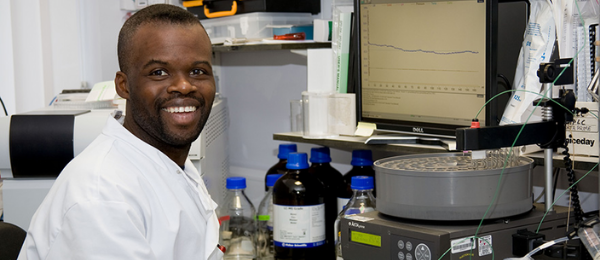 CRUKS FIRST CHARITY-WIDE EDI STRATEGY PUBLISHED We published our first ever cross-organisational equality, diversity and inclusion (EDI) strategy. It outlines how, as the largest independent funder of cancer research in the world, we will play a role to create a more inclusive and diverse community of cancer researchers and what steps we will take as an organisation to ultimately reduce cancer inequality. In the coming weeks, well publish our first report analysing the diversity of our response-mode funding schemes, alongside a new action plan to address EDI in research. |
|
|---|
| 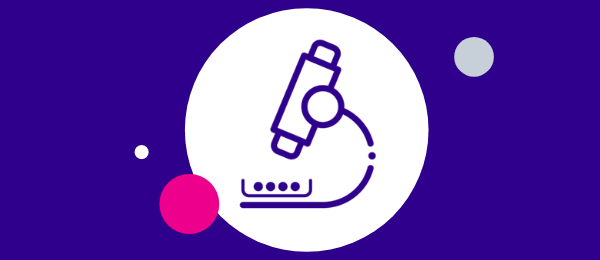 BUILDING A CULTURE OF RESEARCH INTEGRITY Weve published our Annual Research Integrity Statement, which summarises the actions weve taken to promote good research practice and foster a culture of research integrity. This is the first annual narrative statement weve produced under the revised Concordat to Support Research Integrity, published in October 2019. Our activities outlined in the statement include reviewing and strengthening our approach to research integrity and research culture, improving our compliance monitoring, training to support good research practice, and involvement in key sector groups. |
|
|---|
|
|---|
|
|
| | 2021: A BRIGHT FUTURE FOR CANCER RESEARCH The pandemic overshadowed many breakthroughs in 2020, but there are many reasons to be excited about whats to come in 2021. In our latest Research Feature, we hear from three research leaders about recent cancer research developments theyre most excited about and how these will help beat cancer. Bissan Al-Lazikani celebrates the advances made by Google Health in artificial intelligence, Ed Boyden reveals the powerful potential of spatial gene expression mapping, while our own Matt Kaiser, head of careers and discovery research, looks at the strides the SU2C-CRUK-Lustgarten Pancreatic Cancer Dream Team have been making in pancreatic cancer research. |
|
|---|
|
|---|
|
|
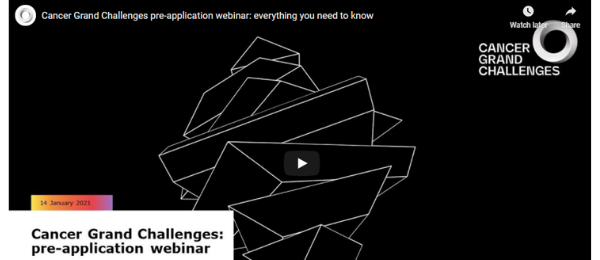 CANCER GRAND CHALLENGES: EVERYTHING YOU NEED TO KNOW ABOUT APPLYING Nine new Cancer Grand Challenges are open for applications, offering up to 20m ($25m) to carry out team science on a global scale. On 12 January, we held a virtual event to share all the information you need to know about applying to Cancer Grand Challenges. Hosted by representatives from CRUK, Laurie Dudley, and the National Cancer Institute, Tony Dickherber, the webinar gives you the chance to learn more about the application process, the information were looking for at the expression of interest stage and more. |
|
|---|
| 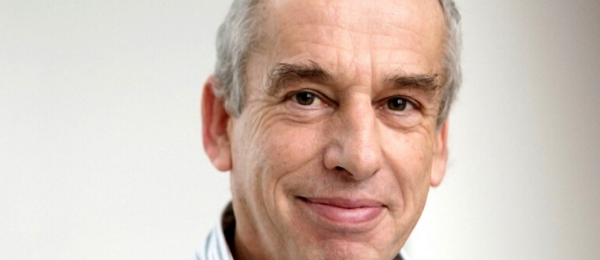 TIME TO TACKLE THE DORMANCY CHALLENGE Cancer cell dormancy is one of nine new Cancer Grand Challenges currently open to the international research community. Although weve known of the concept for around 70 years, it has proven difficult to study. But now that we have tools which enable us to image and characterise single cells in precise, sensitive detail, it is now time to take on this challenge. In the latest Cancer Grand Challenges blog, Scientific Committee Member Nic Jones shares his reflections on what unlocking the potential of this challenge holds for cancer research. |
|
|---|
|
|---|
|
|
| | CHANGES TO PEER REVIEW We are changing our peer review process for grants, reducing the emphasis on written peer reviews and instead focusing on expert review panels. We spoke with Dan Burkwood, head of research funding operations, to find out more about the changes and how they will impact future grant applications. |
|
|---|
|
|---|
|
|
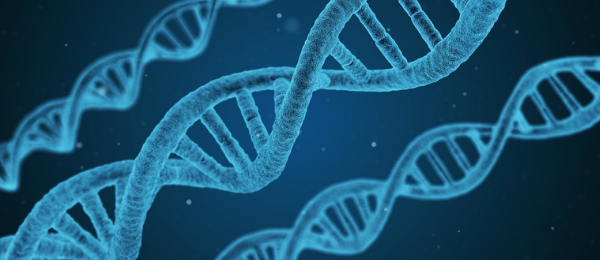 FGC ACCEPTING CRISPR SCREENING PROJECT PROPOSALS Our Functional Genomics Centre (FGC) provides CRUK-funded PIs access to genome-wide, pooled CRISPR screening capabilities. If your research could benefit from our state-of-the-art CRISPR technology, wed love to work with you to progress your project. We review and accept proposals on a rolling basis every 2 months; the next deadline is 15 February. Get in touch via email (FGCenquires@cancer.org.uk) to find out how we can support your CRISPR screening projects or visit our webpage to learn more. |
|
|---|
| 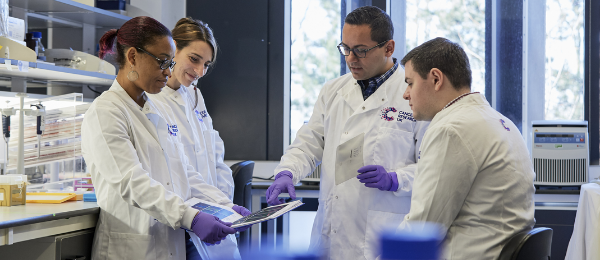 FULFIL YOUR ENTREPRENEURIAL POTENTIAL THROUGH THE PANACEA STARS DEVELOP PROGRAMME Are you a scientist or clinician with an early stage business idea? Apply to the Panacea Stars Spring-Summer Develop 2021 programme, to support the formation of your business venture and accelerate your progress in translating your research for patient benefit through entrepreneurship. It's an 8-week programme filled with mentoring, networking and a 3-day bootcamp with industry leaders in IP law, commercialisation, venture capital and more. |
|
|---|
|
|---|
|
|
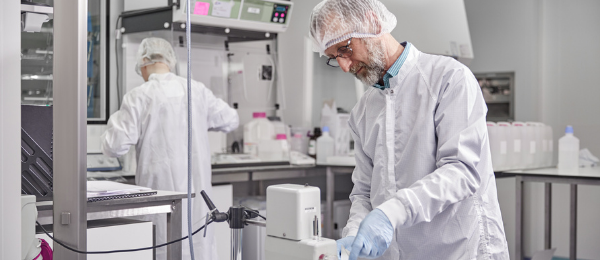 THE LIFE OF A RESEARCHER ENTREPRENEUR FROM A FOUNDER'S PERSPECTIVE If you're an early career cancer researcher interested in translating your research through entrepreneurship, don't miss our new webinar series with Deep Science Ventures. In this series, hear from various researchers on their journeys to becoming academic entrepreneurs. The dates are: - 10 February - Creating novel impactful approaches within the tumour microenvironment
- 24 February - Creating novel impactful approaches to achieve full clearance of tumours
- 10 March - Creating novel impactful approaches to exploit the wealth of data in synthetic lethality
- 24 March - A founders journey, moving from the academic environment to starting your own biotech company
|
|
|---|
|  LEARN BUSINESS SKILLS TO HELP TRANSLATE YOUR RESEARCH Together with StartCodon, we're back with a new series of free online entrepreneurial training seminars to help you translate your research. It's open to all cancer researchers across the UK and no experience or knowledge of entrepreneurship is required. The timings are as follows: - 9 February - Regulatory service
- 2 March - Market research - The science of the business
- 23 March - Building your team
- 13 April - How to pitch & Fundraising, design and branding
|
|
|---|
|
|---|
|
|
| | FINDING NEW WAYS TO TREAT RARE CANCERS Secondary CNS lymphoma is a rare but potentially lethal secondary cancer. Data insufficiency due to its small patient population has hindered researchers ability to improve patient survival. The Stand Up To Cancer-funded MARIETTA trial is the largest study focused on treating secondary CNS lymphoma, with 24 centres in 4 countries. The results from this study, published in The Lancet Haematology, reveals that an intensive chemoimmunotherapy combination can dramatically improve patient survival, particularly in those with CNS disease at initial lymphoma diagnosis. These findings could help contribute to a change in international guidelines for treating this rare form of cancer. |
|
|---|
|
|---|
|
|
 WE MUST FIND WAYS TO DETECT CANCER MUCH EARLIER Last year, we published our Early Detection and Diagnosis of Cancer Roadmap which lays out an important cross-sectoral vision for a future where no cancer will be detected too late to treat. Citing the roadmap, members of The Oncology Think Tank have laid out what they believe is the best way to reduce the number of patients who are diagnosed with, or develop, advanced stage cancers and die.
Published in Scientific American, their approach focuses on research to solve the technical challenges of early cancer detection; policy changes to create an innovation-focused ecosystem and rewards technologies that improve early detection; and education to generate a broad coalition with a clear call to action. |
|
|---|
| 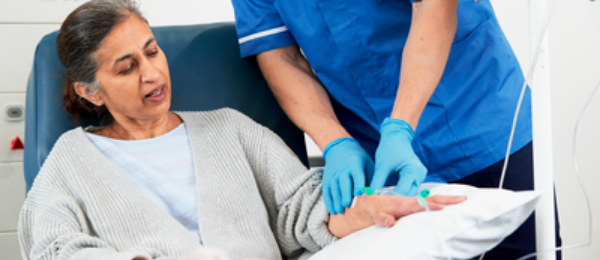 THE IMPACT OF COVID-19 ON DRUG DEVELOPMENT Nigel Blackburn, director of our Centre for Drug Development, spoke with Pharmafocus about how the lessons researchers have learned from the pandemic may change the way trials are run in the future, benefitting cancer drug development. While COVID-19 has interfered with the development of new cancer treatments in the short term, Nigel predicts the move to more patient-centric, virtual, decentralised trials will improve patient recruitment and patient compliance, and future drug development. |
|
|---|
|
|---|
|
|
| | | The new medicine of DNA repair pathways: damage repair vulnerabilities in cancer 2:00 PM 11 February 2021 |
|
|---|
|
|---|
| | | Last chance to register. Secure your free place by 12 February 2021. 23 February 2021 |
|
|---|
|
|---|
| | | Register your interest for the 2021 event. You will be first in line to know when registration opens. 06 October 2021 |
|
|---|
|
|---|
|
|
| Been forwarded this email? Subscribe to our newsletter to stay up-to-date. |
|---|
| |
|---|
|
|
|